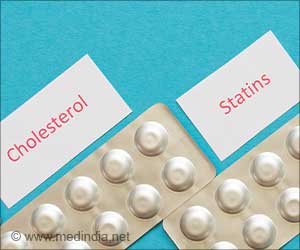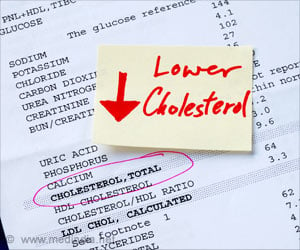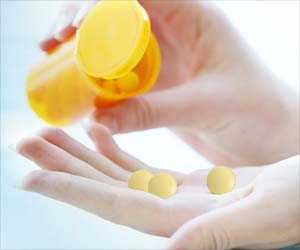A protein called PCSK9, which regulates 'bad' cholesterol in the blood, has been found to work almost exclusively outside cells, according to researchers at UT Southwestern Medical Centre.
The finding could provide clues for the development of therapies to block the protein's disruptive actions."The fact that it works mostly extracellularly provides more opportunities to develop different kinds of therapies," said Dr. Jay Horton, professor of internal medicine and molecular genetics and co-author of the study.
PCSK9 disrupts the activity of a key molecule called the low-density lipoprotein receptor, or LDLR, which is made and secreted in the liver.
Horton said that the new findings show that PCSK9 principally acts as a secreted protein to cause the degradation of LDL receptors by latching on to it.
"Therefore, approaches to block the protein's activity in the blood should be successful in reducing plasma cholesterol levels," he said.
In order to know if PCSK9 works inside or outside the cell, the researchers designed peptides to jam the interaction between PCSK9 and the LDL receptor.
Advertisement
It was found that the peptides prevented the secreted PCSK9 from binding to the surface of the LDL receptors.
Advertisement
"It's much easier to design inhibitors of PCSK9 function to work outside a cell than to develop a small molecule that works inside a cell," he said.
The study has been published in the online edition of the Journal of Biological Chemistry.
Source-ANI
SRM














